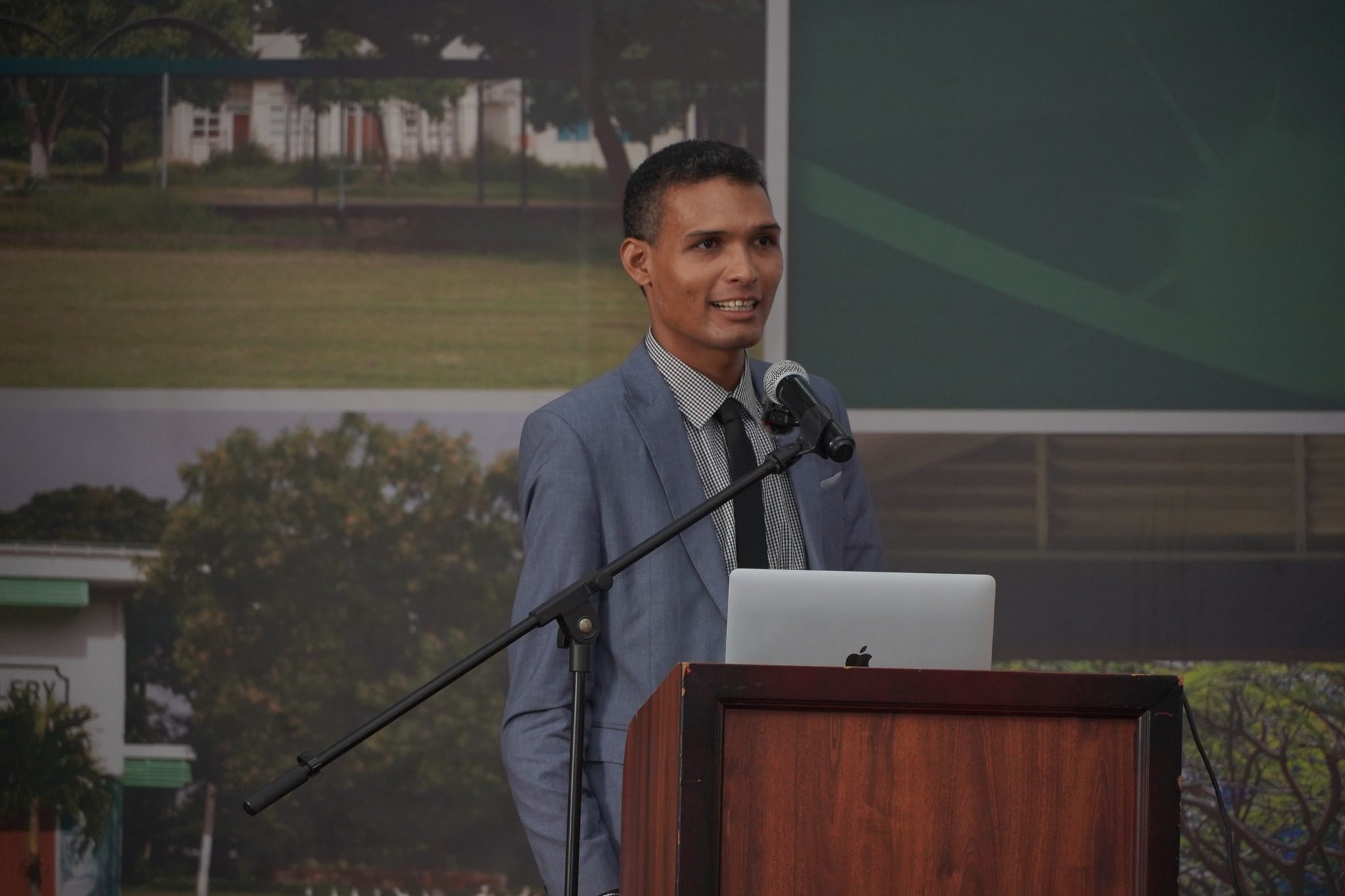Amidst Guyana’s promising economic trajectory from newfound offshore oil resources, the opposition has made its stance clear: “Poverty in this environment is totally unacceptable,” declared Elson Low, the Economic Policy Advisor to the opposition.
What’s their solution? A minimum livable income. However, as Low clarified, this is not a superficial solution. “We believe that there is a way to invest in the Guyanese people, to improve pass rates at [Caribbean Secondary Examination Certificate] CSEC, to cut poverty rates, to cut child malnutrition,” Low expressed during a Friday press conference. According to him, these plans are anchored in “policy philosophy and policy thinking,” inspired by global policy successes, rather than merely distributing “cash grants here, there and everywhere.”
A significant source of inspiration for these policies comes from Brazil’s Bolsa Familia and the United States’ Earned Income Tax Credit (EITC).
Ali expects US$10 billion in annual inflows to Guyana oil fund by 2030 | OilNOW
– Brazil’s Bolsa Familia has proved its mettle. “Bolsa Familia, as an example, is a policy where your children have to be attending school,” Low explained, adding that it “has seen higher pass rates in school, number one, and number two, has seen a drop in childhood malnutrition.”
The World Bank said that the success of Bolsa Familia sparked adaptations in almost 20 countries
– The US EITC offers a different yet effective approach, recognised for “improving other metrics that will help the Guyanese economy to grow and to improve,” according to Low. The EITC has helped to buoy livelihoods for low-income working Americans.
Contrary to criticism, Low is quick to assert that the opposition’s plans aren’t populist whims. “We have looked at policies which have been effective internationally at producing good economic outcomes, as well as in cutting poverty,” he stated, emphasizing their commitment to pragmatic and effective policy-making.
Low did not give details on the estimated cost of a minimum livable income program, or how it would be funded. He noted that the likely costs would be fluid depending on how such a projected is phased in, but said numbers would be provided in future.
Guyana is number 17 for largest oil reserves in the world | OilNOW
The Opposition has held that there is risk of significant revenue losses from corruption in the management of public projects, and that this results in an underestimation of Guyana’s ability to provide for its people’s needs. Low reminded that a 2017 Public Investment Management Assessment report had identified weaknesses in the planning, budgeting, appraisal, selection, procurement and implementation of capital projects. In a September 2022 report, the IMF noted that it highlighted these weaknesses to the government and urged that its recommendations be implemented. The IMF recently concluded its 2023 Article IV Consultation.
Confronting the challenges of governance and the potential misuse of Guyana’s oil wealth, Low highlighted the imperative for proper governance. Referring to the International Monetary Fund’s concerns about governance in Guyana, Low said, “If we were to reform governance in Guyana so that we govern as well as, for example, Trinidad or Jamaica or Mexico… we could immediately lift 150,000 people out of poverty, immediately.”



